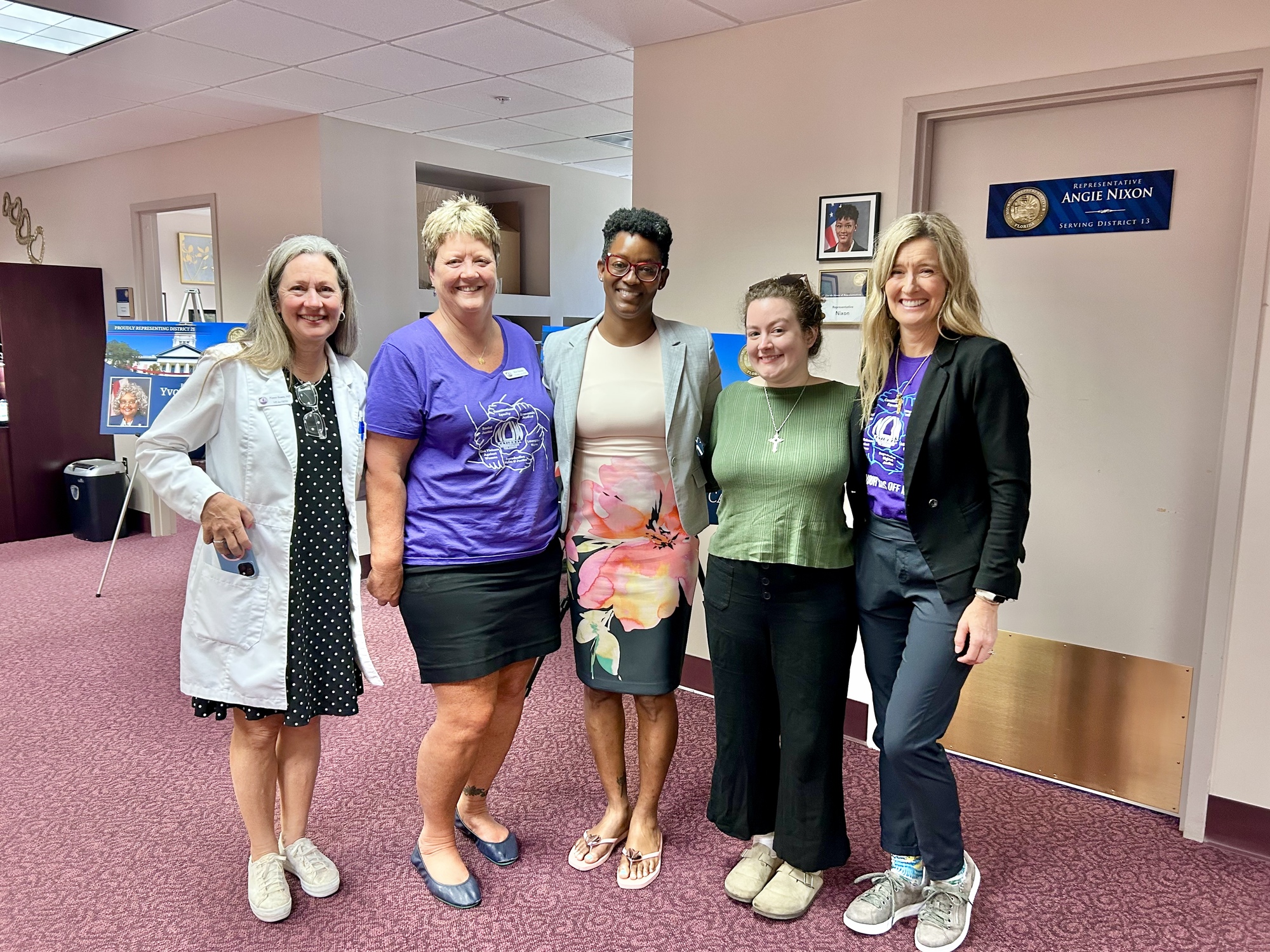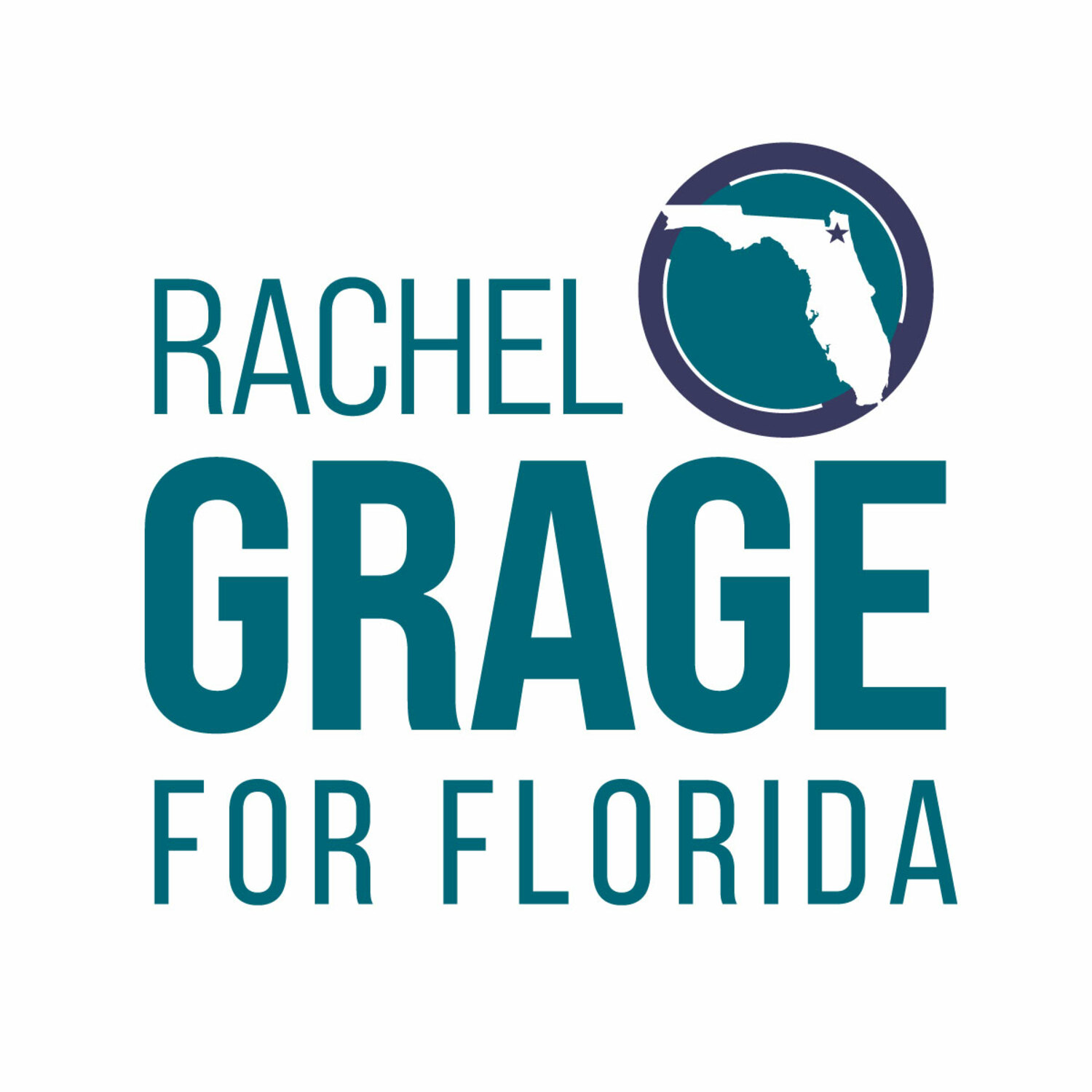
Florida Legislative Update Sunday April 6, 2025
Mid-Session Momentum: A Detailed Look at
Testimony, Troubling Bills, and the Road Ahead
We’re at the halfway point of Florida’s 2025 Legislative Session, and the window for change is narrowing. If bills aren’t gaining traction in both chambers now, their chances of becoming law are dwindling. This week, I was on the front lines in Tallahassee, testifying against several dangerous bills. Here’s an in-depth look at what’s at stake.
1. Challenging Controversial Legislation
HB 1539 – "Materials Harmful to Minors"
Florida House Bill 1539 poses significant threats to educational freedom and students' First Amendment rights. By redefining "harmful to minors" and eliminating the consideration of a material's literary, artistic, political, or scientific value, the bill mandates the removal of any school materials containing nudity or sexual content, regardless of their educational significance. This broad censorship could lead to the exclusion of classic literature and essential educational resources from classrooms and libraries. Critics, including the ACLU of Florida, argue that such measures constitute unconstitutional censorship, infringing upon freedom of speech and limiting students' access to diverse perspectives. The bill also imposes sanctions on school districts that fail to comply, potentially diverting funds from critical educational programs. By prioritizing censorship over comprehensive education, HB 1539 undermines the quality of education and hampers students' preparedness for higher learning and engagement in a diverse society. Reference
HB 1009 (PCS) – "Religious Expression and Classroom Requirements in K-12 Schools"
Florida House Bill 1009 proposes changes to the current regulations concerning religious expression and patriotic displays in public schools. While the bill aims to enhance religious expression, it raises significant concerns regarding the separation of church and state, potentially infringing upon the constitutional principle that prohibits government endorsement of religion. Critics argue that implementing such measures could lead to the promotion of specific religious beliefs in public educational settings, thereby marginalizing students of diverse faiths or those who are non-religious. This could foster an environment of exclusion and discomfort among students who do not share the promoted beliefs. Moreover, the bill's emphasis on patriotic displays may compel students to participate in activities that conflict with their personal convictions, further challenging individual rights and freedoms. Overall, opponents contend that HB 1009 threatens the inclusivity and neutrality that public schools are meant to uphold, potentially undermining the diverse fabric of the student body. Reference
Watch my testimony here: Rachel Speaks Out Against HB 1009
SB 1288 – Overreaching "Parental Rights"
Florida Senate Bill 1288 and House Bill 1505 propose significant restrictions on young people's access to essential reproductive health care services. These bills would require health care providers to obtain written parental consent before offering services such as birth control, family planning, and testing and treatment for sexually transmitted infections (STIs) to minors. This mandate could create substantial barriers for young individuals, particularly those who may be unable to involve a parent or guardian due to absence or safety concerns. By limiting confidential access to these critical services, the legislation could lead to increased rates of unintended pregnancies and untreated STIs among youth.Furthermore, the bills seek to prohibit risk assessment surveys that help measure the impact of such restrictions, potentially hindering efforts to address and mitigate negative health outcomes. Opponents argue that these measures are out of step with national standards and could exacerbate the existing reproductive health crisis among Florida's young population. Reference
See my testimony here: Rachel Testifying Against HB 1288
2. Meeting with Legislators and Talking About the Insurance Crises
During my time in Tallahassee, my fellow advocates and I met with Duval Co. legislators—including Rep. Jessica Baker, Rep. Kiyan Michael (HD 16), and Sen. Clay Yarborough—to discuss these bills and other urgent issues, such as Florida’s deepening insurance crisis.

While some conversations were productive, it was concerning to discover that several legislators were unaware of the significant insurance scandal reported by the Tampa Bay Times. This is particularly troubling given that House Speaker Daniel Perez highlighted this issue as a priority in his opening remarks for the legislative session.
The Tampa Bay Times has published several articles detailing the depth of the crisis. One report revealed that while insurers reported net losses of $432 million between 2017 and 2019, their affiliate companies recorded net incomes totaling $1.8 billion during the same period. Furthermore, it was disclosed that out of over 52,000 consumer complaints against property insurers, only 5% were referred to regulators, suggesting potential underreporting and inadequate consumer protection.
In response to these findings, Speaker Perez initiated hearings to investigate the financial practices of insurance companies and to consider reforms aimed at enhancing oversight of affiliate transactions. However, the effectiveness and progress of these hearings remain uncertain, as substantial legislative action has yet to materialize.
Given the gravity of the situation and the apparent lack of awareness among some legislators, it is imperative for both policymakers and the public to stay informed and engaged. Continued advocacy and scrutiny are essential to ensure that meaningful reforms are implemented to address the systemic issues within Florida's property insurance industry.
3. Budget Battles & Regressive Taxation
Last week, the Florida House and Senate began moving forward with their respective versions of the state budget. The House proposal totals just under $113 billion — about $5 billion less than the Senate’s version. One key difference is the House’s proposal to reduce the statewide sales tax from 6% to 5.25%, as outlined in HB 7031, which advanced through the House Ways & Means Committee.
Florida is known for having a regressive tax structure, where lower- and middle-income residents tend to pay a larger share of their income in taxes compared to higher earners. Sales taxes, in particular, tend to have a disproportionate impact on working families.
While a sales tax cut could offer some relief, there are concerns about how it would be funded. Lawmakers will need to weigh the benefits of lower taxes against the potential impact on funding for public services.
Some advocates suggest that pairing tax cuts with broader reforms — such as closing corporate tax loopholes — could help create a more balanced and sustainable approach moving forward.
In summary: the legislative chambers have unveiled competing 2025-2026 budget proposals:
-
House Budget (HB 5001): Proposes a $113 billion plan that includes reducing the statewide sales tax from 6% to 5.25% (HB 7031).
-
Senate Budget (SB 2500): Proposes a $117 billion plan without the tax cut.
While a sales tax cut might help lower-income families—given that sales taxes are inherently regressive—it could ironically result in cuts to programs and services that these families depend on. Florida’s tax system is designed such that those with lower incomes pay a higher percentage of their earnings in taxes. Reducing the tax might provide immediate relief, but if it leads to underfunded public services, the long-term impact could be even more harmful.
Reference: Anna Eskamani Blog Post
4. Defending Citizen-Led Ballot Initiatives
Our democratic process is under threat—not just from bills in Tallahassee but also from efforts to undermine citizen-led ballot initiatives. We must stand united to oppose these legislative attacks. Sen. Carlos Guillermo-Smith is leading the charge, and his petition is on the agenda next week. Your support is critical.
Take Action and sign Sen. Carlos Guillermo-Smith’s petition here: Petition to Table the Attack on Citizen-Led Ballot Initiatives
5. National Advocacy: A Stand Beyond Florida
In addition to my work in Tallahassee, I joined activists at a “Hands Off” protest in Baltimore, highlighting that the fight for democratic rights and transparency is a national effort. Our shared struggle transcends state lines and shows the power of grassroots action. See my video here: Instagram Reel or Facebook Reel
In Summary:
With the session at its midpoint, every day counts. The bills—HB 1539, HB 1009, and SB 1288 and dozens of others—pose serious threats to our schools, our communities, and our democratic processes. Meanwhile, the push to dismantle citizen-led ballot initiatives must be met with unified resistance. Keep following me on Facebook and Instagram for daily updates, as well as my advocacy partners, Democratic Women's Club of Florida, Jacksonville National Organization for Women, Beaches Democrats and Beaches Activist Movement. TOGETHER we can make a difference!
Your voice matters.

